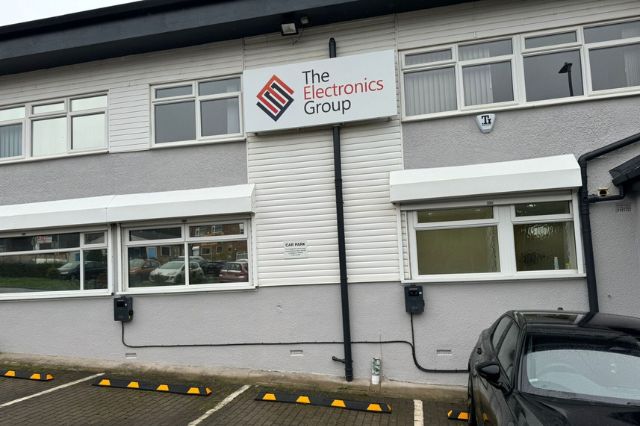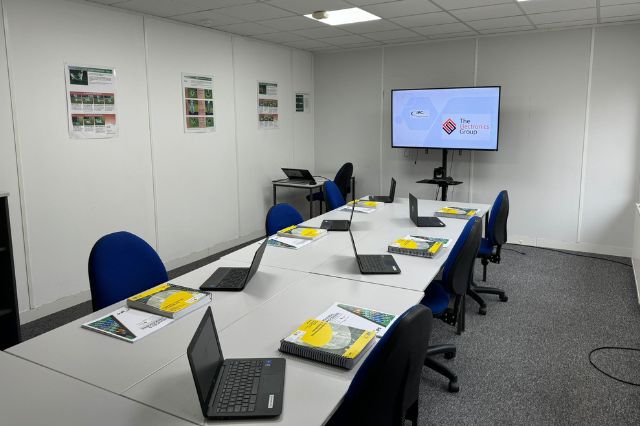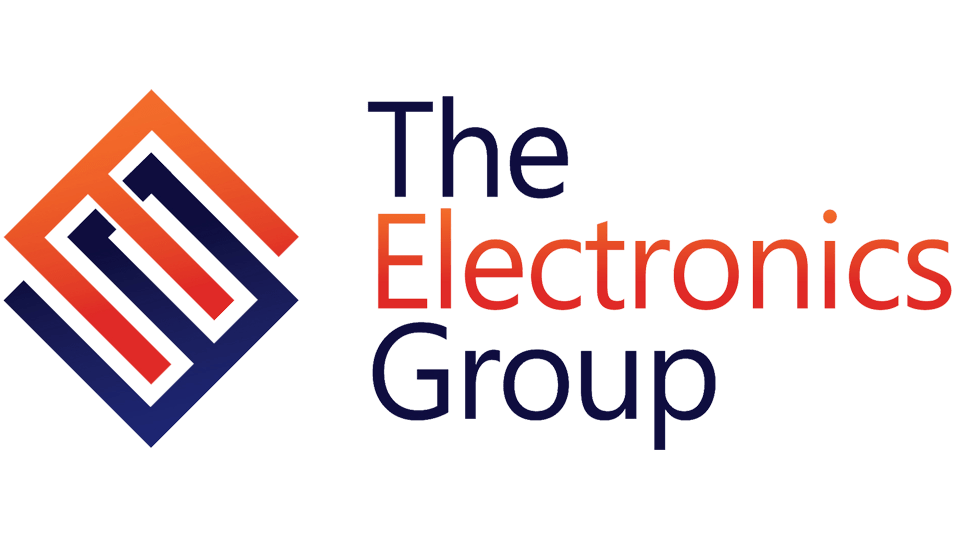The Electronics manufacturing industry is driven by a set of standards that are recognised worldwide. These are the IPC Standards and allow organisations to all guarantee the same level of quality and reliability across electronics manufacturing.
Becoming a Certified IPC Specialist (CIS) ensures that you understand the standards for the assembly and soldering of electronic equipment. Which are crucial to maintaining product reliability. As you may have gathered already, gaining an IPC certification can significantly enhance your career. Read more on the importance of becoming IPC Certified here.
In this blog post, I will walk you through the necessary steps to becoming a Certified IPC Specialist, from understanding what the certification entails to maintaining your credentials.
Understanding IPC Certification and Which Course is Right For You
To become a Certified IPC Specialist, you need to gain a thorough understanding of how to use the IPC standards which are the gold standard in electronics manufacturing. IPC offers various certification programs, each tailored to different aspects of electronic assembly, including soldering, cable and wire harness assembly, and circuit board assembly.
The most common certifications include IPC-A-610 for Acceptability of Electronic Assemblies and IPC J-STD-001 for Requirements for Soldered Electrical and Electronic Assemblies. These standards are regularly updated to incorporate the latest industry practices and technological advancements.
For those aspiring to become a Certified IPC Specialist, it is crucial to first identify which certification aligns best with your career goals and expertise areas. Each certification program is designed to enhance your skills and knowledge, ensuring you are up to date with the best practices in electronic manufacturing processes.
You can see all the main IPC courses and details on who they are each suited for on our website. Our team are also always on hand to help you decide which course is the right one for you.
Speak to a member of the team about our IPC courses here.
Choosing the right IPC Training Centre
Selecting the right training Centre is essential in your journey to becoming a Certified IPC Specialist. IPC licensed training centres can be found worldwide. Here at The Electronics Group, we have a choice of two training centres covering the country, including the UK’s largest training centre based in Leeds. We also provide all the materials and guidance necessary to master the standards set out by IPC.
Our training courses combine theoretical lessons with practical exercises. They are conducted by our certified Master trainers who possess extensive experience in the electronics industry. The courses are designed to cater to different learning paces and styles, featuring interactive sessions and hands-on practice.
It’s always advisable to review the credentials of a training centre before enrolling in a course. You can explore our website or get in touch with the team to find out more about us and what we have to offer.

Attending the Training for the IPC Certification
The training for becoming a Certified IPC Specialist is comprehensive and is centered around teaching you how to use the IPC standards books to achieve a certain standard in your work. Or allow you to use the standards to assess the work of others accurately.
During the course, you will review the IPC standards for all 3 classes, relevant to the certification you are pursuing. We provide students with copies of the standards for the duration of the course and at the end of each module we have review questions to help you prepare for each exam.
Learning in a classroom setting allows for discussion among trainers and students to break down more complex topics and ensure thorough understanding of the standards. Our Master trainers strive to cater each session to everyone’s needs and provide real world examples to help solidify your new knowledge.

The IPC Certification Exams and What to Expect
We enroll all delegates in the IPC certification portal before your course takes place. This means when the day comes for you to begin your course and take your exams, you are set up and ready with everything you need. We will send out a pre-course information pack to ensure you know what to expect from the course. All you need to do is bring your photo ID on day one of the course.
When participating in a CIS course, you will complete an exam at the end of each module of the course. The exams always include an online, multiple-choice test and depending on which course you are attending there may also be a practical test aspect. The online multiple-choice exam is an open book exam that is untimed for CIS level. This is due to the emphasis being on your understanding of the standards and ability to apply them to given scenarios, rather than how much you can memorise.
You will be required to demonstrate your skills during a workmanship evaluation if you are attending the IPC J-STD-001 or the IPC 7711/7721. Also, if you are taking part in the IPC A-620 hands on Addendum.
The proctors (our trainers) are there to facilitate a fair testing process. If you have any concerns or need clarification during the exam, don’t hesitate to ask them.
Passing The Exam and Becoming a Certified IPC Specialist
Congratulations on passing your exam and becoming a Certified IPC Specialist! This certification is a significant achievement that not only enhances your skill set but also increases your marketability in the electronics manufacturing industry.
Your certificate will be issued as soon as you pass, directly to you, through your IPC Edge account. It is valid for two years, during which time you can leverage it to advance your career. Many certified specialists find that their new qualification opens doors to higher-level positions and specialised roles. It is important to note that your certification is owned by you. This means it can be taken with you to any new role you pursue.
To stay certified, you must recertify every two years. This can involve taking either a challenge test or a refresher course and will always require passing the updated exam. This ensures that your knowledge stays current with the ever-evolving standards of electronic assemblies.
Additionally, staying engaged with the IPC community through seminars, workshops, and conferences can provide ongoing education and networking opportunities. These platforms allow you to learn from industry experts and peers, keeping you informed of the latest trends and best practices in electronic manufacturing.
We also recommend following us on LinkedIn for interesting industry updates.
A Summary of The Steps to Becoming a Certified IPC Specialist
Becoming a Certified IPC Specialist is a journey that requires ongoing commitment and dedication to maintain. However, the effort you put into becoming a CIS will pay off with more professional opportunities and a respected place in the electronics manufacturing community.
Use the steps outlined in this post to guide you, as you embark on this exciting new chapter of your career. Remember that the team here at The Electronics Group are always on hand to provide guidance and support during your IPC training and certification journey.

